Charles was traveling with Gounter and his cousin Thomas
Gounter, and Wilmot and his man Robert Swan.
Colonel Phelipps made for London, to make arrangements for money to be
waiting for the king at Rouen. (I’m not sure how he managed this, but apparently he must have had some financial
contact in London who could make the necessary arrangements clandestinely.)
 |
| Arundel Castle |
“They were no sooner come to Arundel hill, as they rode
close by the castle,” but they nearly ran into the Governour, Captaine Morley,
who was out hunting. “The Colonel, the better to avoid them, it being a steepe
hill they were to goe downe, presently alighted, and his company … did as he
did, and soe happily they escaped them.
The King, being told whoe it was, replyed merrily: ‘I did not like his
starched mouchates.’” (I think this means moustache, but haven’t been able to
confirm that! It sounds as if Charles’s
spirits were good, as it seemed that he might actually get out of England soon.)
“So wee came to Howton,” Gounter continued, “where on
horseback wee made a stop at an ale-house for some bread and drinck; and there
our neats-tongues stood us in very good steede, and were heartily eaten. From thence, being come to Bramber, wee found
the streetes full of soldiers, on both sydes the houses, whoe unluckily, and unknowen
to mee, were come thither the night before to guard. But luckily (or rather, by a special providence)
were just then come from their guard at Bramber-bridge into the towne for refreshment. Wee came upon them unawares, and were seene
before wee suspected any thing.” |
| Bramber Bridge from Alan Fea's The Flight of the King |
“My Lord Wilmot was readie to turne back, when I stept in and said: ‘If wee doe, wee are undone. Lett us goe on boldly, and wee shall not be suspected.’ ‘He saith well,’ said the King. I went before, he followed, and soe pass through without any hinderance.
“It was then betweene three and fower of the clock in the afternoone. Wee went on, but had not gone farre but a new terror possessed us: the same soldiers riding after us, as fast as they could. Whereupon the King gave mee a hem. I slackt my pace till there were come up to mee, and by that tyme the soldiers were come, whoe rudely passed by us (beeing in a narrow lane), soe that we could hardly keepe out sadles for them; but passed by without any further hurt, being some 30 or 40 in number."
Another close call, and just when safety was almost in sight!
 |
| Bagshall's house, Beeding from The Flight of the King |
Eventually Charles, Wilmot, and Swan followed Gounter to Brighton, where, as Charles recalled “we were to meete with the Maister of the ship, as thinking it more convenient for us to meet there, then just at Shoram where the ship was.”
Gounter reached the rendezvous first. “Being come to the said Brighthemston, I found all cleere there and the inne (the George) free from all strangers att that tyme. Having taken the best roome in the house and bespoken my supper, as I was entertaining myselfe with a glass of wine, the King, not finding accommodation elsewhere to his mind, was come to the inne. And upp comes myne host (one Smith by name) ‘More guests,’ saith he to mee. He brought them up into another roome, I takeing no notice. It was not long, but drawing towards the Kings roome, I heard the Kings voice saying aloud to my Lord Wilmot: ‘Here, Mr. Barlow, I drinck to you.’ ‘I knowe that name,’ said I to myne hoast… ‘I pray enquire, and whether he was not a major in the Kings army.’”
The host having confirmed that Barlow/Wilmot was the man who Gounter thought he was, and forestalling any suspicion on the part of the landlord, Gounter “made a motion to joyne companie and because my chamber was the largest, that they would make use of it: which was accepted, and soe wee became one companie againe.
 |
| King's Head, No. 9 West Street, Brighton, demolished in 1934 It was formerly the George, and may have been the inn at which Charles waited at Brighton |
Now another complication arose. As Charles told Samuel Pepys in 1680, the merchant Mançel who had negotiated with Captain Tattersall had only been told that his passenger was a gentleman who had escaped from Worcester. But the king “observed that the maister of the vessel looked very much upon me. And as soon as we had supped, calling the Merchant [Mançel] aside, the Maister told him that he had not dealt fairly with him: for though he had given him a very good price for the carrying over that Gentleman, yet he had not been cleare with him, for says he, he is the King, and I very well know him to be soe. Upon which the Merchant denying it, saying that he was mistaken, the Maister answered, I know him very well, for he tooke my ship, together with other fishing Vessels at Bright-Hempson in the yeare 1648 (which was when I commanded the King my Fathers Fleete, and I very kindly let them goe againe). But sayes he to the Maister, be not troubled at it, for I thinck I doe God and my Country good service in preserveing the King, and by the grace of God I will venture my life and all for him, and sett him safely on shoare (if I can) in France.
“Upon which the Merchant came and told me what had past between them; and thereby found my selfe under a necessity of trusting him. But I tooke noe kind of notice of it presently to him. But thinking it convenient nott to let him goe home, least he should be asking advice of his wife or any Boddy elce, we kept him with us in the Inn, and satt up all night drinking beer and takeing Tobacco with him.” Charles didn’t want a repeat of what had happened with Stephen Limbry at Charmouth.
 |
| Drinking and takeing Tobacco |
Gounter also described the incident, which he found very distressing. “Supper ended, the King stood his back against the fyer, leaning over a chaire. Up comes mine host … runs to the King, catcheth his hand; and kissing it, said, ‘It shall not bee said but I have kissed the best man’s hand in England.’
 |
| Brighthelmstone by J.M.W. Turner |
“About a quarter of an hower after, the King went to his chamber, where I followed him, craved his pardon with earnest protestation that I was as innocent, soe altogether ignorant of the cause how this had happened. ‘Peace, peace, Colonell,’ said the King, ‘the fellow knowes mee, and I him. He was one … that belonged to the back-staires to my Father. I hope he is an honest fellow.’”
The king was lucky, and the host and Captain Tattersall were
among the many people over the course of his adventures who recognized him but
didn’t give him away.
Still, things didn’t progress smoothly that night. Gounter asked Tattersall “in what readiness he
was. He answered hee could not off that
night, because, for more securitie, he had brought his vessel into a creeke and
the tyde had forsaken it, soe that it was on the ground… [A]ll the whyle the
business had beene in agitation, to this very tyme, the winde had beene
contrarie. The King then opened the
windowe, tooke notice that the wind was turned, and told the master of the ship,
Whereupon, because of the wind and a cleare night, I offered 10li. More to the man to get of that night. But that could not bee.” |
| Posy ring given to Captain Tattersall by Charles II from The Flight of the King |
“In this contest, the King happily enterposed: ‘Hee saith right (saith his Majestie),’ a gentlemans word, especially before witnesses, is as good as his bond. At last the man’s stomach came downe; and carrie them he would, whatever came of it; and before he would be taken, he would runn his boate under the ater. So it was agreed that about twoe in the night they should bee aboard.
“The boateman in the meanetyme went to provide for necessaries, and I persuaded the King to take some rest. He did, in his cloaths, and My Lord Wilmot with him, till towards twoe of the night.”
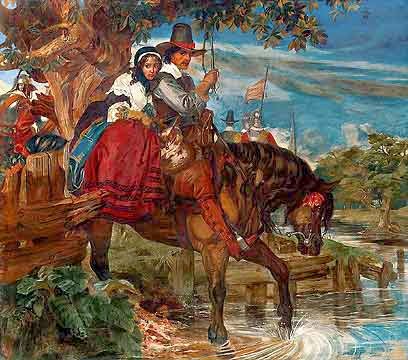
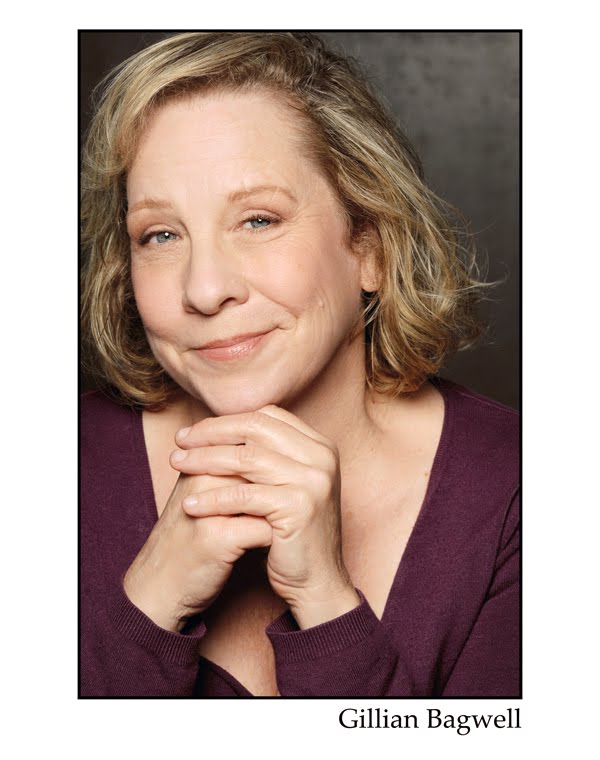
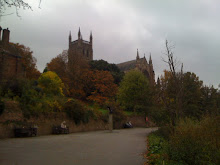
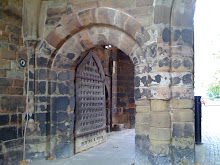



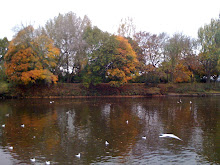
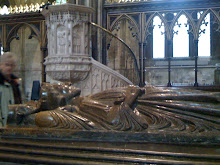
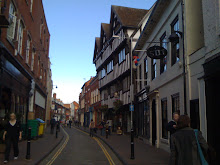

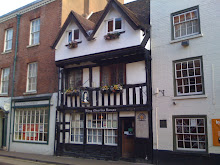
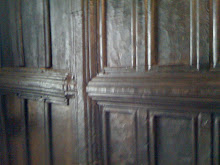
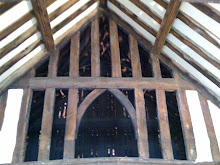



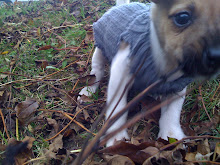

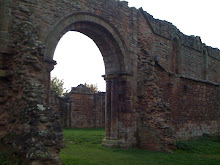




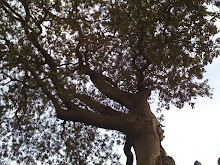



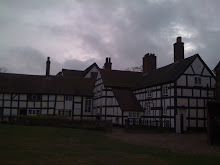

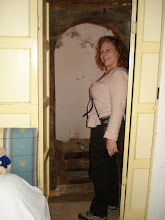
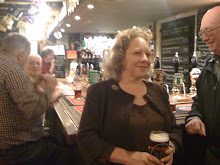
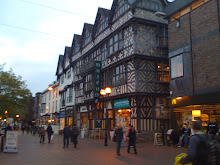
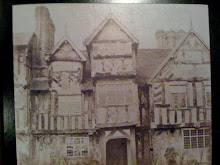


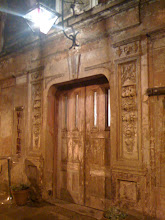
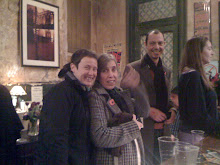


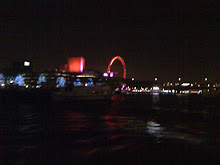

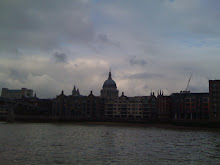
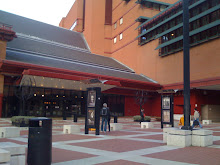

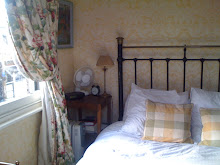
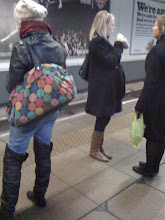


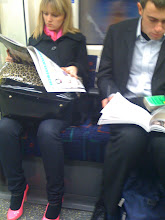
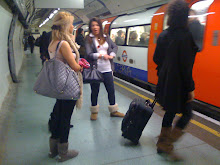

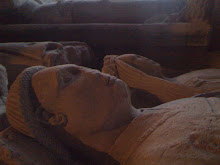
In the above photograph/postcard the Kings Head, is barely discernible, just beyond the bow fronted building. It is better seen in the below images from the James Gray Collection:
ReplyDeletehttp://regencysociety-jamesgray.com/volume7/source/jg_7_022.html
http://regencysociety-jamesgray.com/volume7/source/jg_7_002.html
And, after rebuilding, and at time of demolition:
http://regencysociety-jamesgray.com/volume7/source/jg_7_009.html
http://regencysociety-jamesgray.com/volume7/source/jg_7_003.html